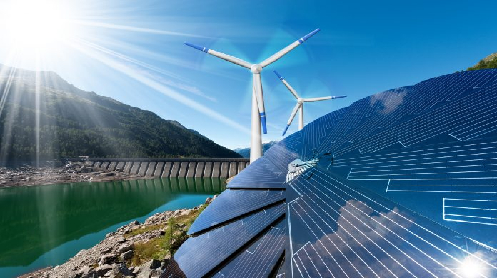Abu Dhabi, UAE — The International Renewable Energy Agency (IRENA) has revealed that women continue to make up just 32% of full-time jobs in the renewable energy sector — a figure unchanged since the agency’s first gender analysis in 2019. Despite outperforming fossil fuel industries in terms of gender representation, the renewables sector has made no meaningful progress in achieving gender equality over the past six years.
The new report, Renewable Energy: A Gender Perspective (Second Edition), presents the most comprehensive assessment to date of women’s participation in the renewable energy workforce and the barriers hindering their advancement. It warns that without greater inclusion, the global energy transition risks being neither fair nor sustainable, potentially leading to labour shortages and a lack of diverse perspectives.
According to the findings, women hold 19% of senior leadership positions, 45% of administrative roles, and 28% of STEM-related jobs. Their representation is lowest — 22% — in technical trades such as installation, machine operation, and electrical work.
IRENA Director-General Francesco La Camera emphasized that closing the gender gap requires robust data, targeted policies, and collective action. “Despite performing better than fossil fuel sectors, the renewables industry still has a long way to go. To realise the full potential of the energy transition, women must be recognised as equal partners and leaders,” he said.
The report attributes the imbalance to systemic barriers at every career stage — from gender bias and cultural stereotypes to unequal caregiving responsibilities and limited access to leadership opportunities.
Private companies, which dominate the sector, show the lowest female participation at 25%, compared to 48% in NGOs and 37% in government and non-commercial institutions.
IRENA calls for top-down and bottom-up strategies to drive change. Governments should enforce non-discrimination laws, ensure equal pay and education access, and integrate gender equality into energy and climate policies. Employers, meanwhile, are urged to adopt flexible work arrangements, transparent recruitment, mentorship programs, and safe, inclusive workplaces.
The report concludes that empowering women in renewables is essential not only for fairness but also for unlocking innovation and ensuring a just, inclusive global energy transition.







